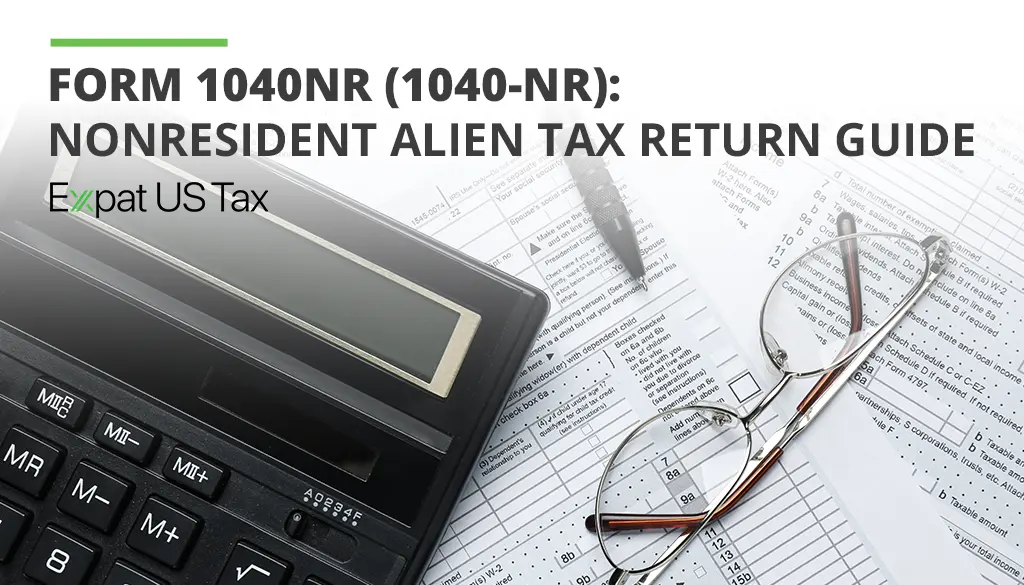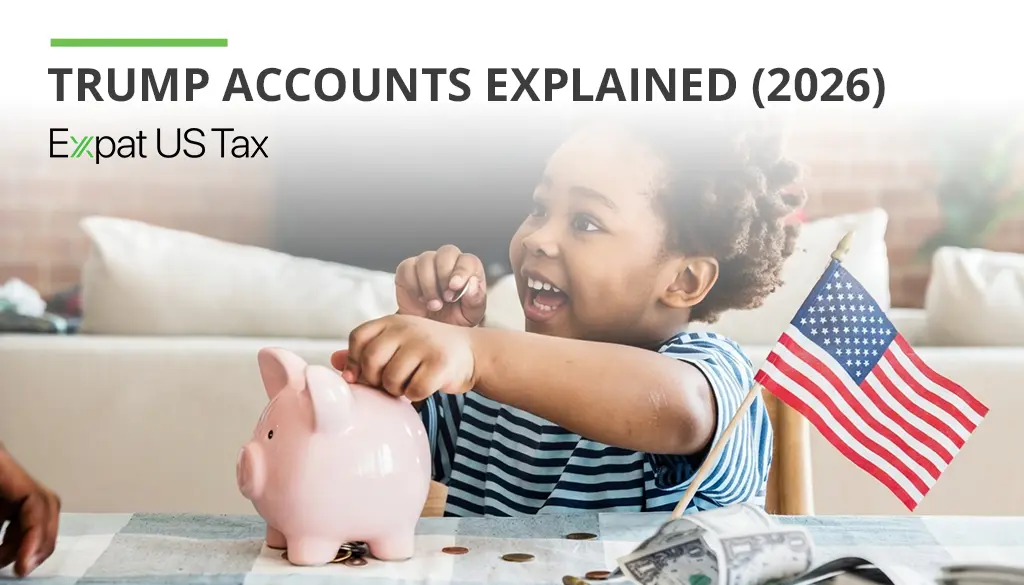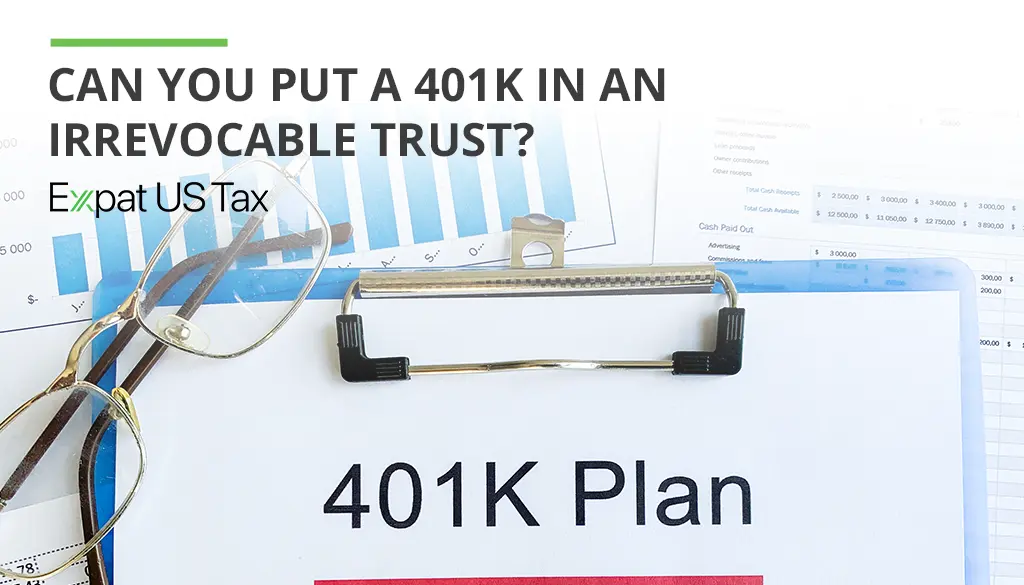What is a discretionary family trust?


Nick Wee, an IRS Enrolled Agent with 19 years of expat tax experience, specializes in US tax preparation, tax planning, and tax advice for US citizens and Green Card holders living and working in Australia. *Schedule a consultation with Nick today.
*30-minutes US$437.
Table of Contents
What is a discretionary family trust and why people set them up
A discretionary family trust in Australia is a legal structure where a trustee holds assets and decides how income or capital is distributed each year among family beneficiaries.
Why do people set one up?
- Protecting family wealth. Assets sit with the trustee, not with individuals, which can help shield them from personal risks.
- Flexible income distribution. Each year, the trustee can direct income to different beneficiaries within the family group, which can align with changing needs and tax outcomes.
- Succession and estate planning. The deed sets out how control passes if someone steps away, becomes incapacitated, or dies, so there’s a roadmap rather than confusion.
When is a trust preferable to holding assets personally or via a company?
If your goal is flexibility across family members, a trust usually fits better than direct personal ownership. Compared with a company, a trust can distribute profits and certain capital gains out to individuals, while a company pays at company rates and doesn’t get the full individual capital gains discount. Many families use both: a company for trading, a trust for holding investments or for receiving distributions where allowed.
📣 US expat note: if you’re a US person connected to an Australian discretionary family trust, expect extra US reporting. The US may treat the trust as a grantor trust, triggering Forms 3520 and 3520-A, plus possible FBAR and Form 8938 reporting if thresholds are met. If the trust holds managed funds, check for PFIC issues.
Non-filing penalties for Forms 3520/3520-A can be severe (often starting at US$10,000 per form). PFIC rules can apply even to indirect holdings through a trust, and Australian franking (imputation) credits are not a foreign tax credit for US purposes.
How a discretionary family trust works: the deed, key roles, and decision-making
The trust deed: what it controls
The deed is the rulebook. It defines the family group and eligible beneficiaries, appoints the trustee, may name an appointor, and sets limits on what the trustee can do. It usually covers how income and capital can be distributed, whether different types of income can be streamed, how loans are handled, and what happens if no resolution is made by year end.
Who does what?
- Trustee. Holds legal title, runs the day to day, chooses investments, and makes distribution decisions within the deed and the law. Many families use a company as trustee to separate personal risk from control.
- Appointor. The backstop for control. This role can hire or remove the trustee. Choose the appointor carefully and document who steps in next. Address incapacity and death explicitly in the deed (e.g., successor/alternate appointors) and align the deed with any Will/Enduring Power of Attorney to avoid a control vacuum.
- Beneficiaries. Family members and related entities who may receive distributions. They have a right to be considered, but no fixed share unless the deed says otherwise.
Decisions, resolutions, and records
Each year, the trustee reviews results, cash needs, and tax settings, then signs a distribution resolution before year-end that states who gets what. Good governance is simple and consistent:
- Keep minutes of key decisions and investment choices.
- Store signed resolutions and working papers that show how figures were calculated, and how specific income classes (e.g., dividends, interest, capital gains) were identified and allocated.
- Maintain a current beneficiary register so you don’t distribute outside the deed or outside the “family group” if a Family Trust Election (FTE) is in place.
- Track loan and beneficiary accounts accurately, including any unpaid present entitlements (UPEs). Where a corporate beneficiary is presently entitled but unpaid, manage Division 7A exposure via a complying sub-trust or loan agreement.
- If you use a corporate trustee, keep ASIC filings, registers, and banking up to date, and remember directors still owe duties and can be personally liable for breaches or certain tax/penalty exposures.
When this structure is a good fit
Choose a discretionary family trust when you want flexible distributions across a family group, a degree of asset protection at the holding level, and a clear plan for who controls the structure over time. If you mainly want to retain and reinvest profits inside a trading entity, a company may be better on its own or alongside a trust. The right choice often blends both, with the trust focusing on ownership and distribution, and the company focusing on active business.

Manage your discretionary family trust with ease. Contact us now.
Distributions in practice: income types, capital gains, and franking credits
How do trustees decide who gets what each year, and what does “discretion” really mean?
The trustee reviews the deed, the year’s results, cash needs, and each beneficiary’s situation. Then they sign a written resolution before year end that sets out who is presently entitled to income (and sometimes capital). Discretion means no one has a fixed slice by default. The trustee chooses within the deed’s rules, and the decision can change from year to year.
Can different income types be streamed?
Often, yes, if the deed allows it and the tax rules are met. In practice:
- Interest and other ordinary income can go to beneficiaries who can use it most efficiently.
- Dividends with franking credits can be directed to a beneficiary, provided the dividend and the credits stay together and the holding-period rules are respected.
- Capital gains can be streamed, including discounted gains, so the discount applies in the beneficiary’s hands where eligible.
What are the common pitfalls to watch?
- Late or invalid resolutions. Miss the deadline or use wording that does not match the deed and default provisions may apply.
- Unpaid present entitlements (UPEs). If a beneficiary (especially a company) is made presently entitled but not paid, you need to manage that balance correctly to avoid loan or tax issues.
- Double-counting or mislabeling. Mixing accounting profit with trust income, or separating franking credits from the dividend in the records, causes mismatches.
Family trust vs unit trust: which structure suits which goal
What is the core difference in ownership and control?
- Family (discretionary) trust: beneficiaries have discretionary entitlement. No one owns a fixed slice until the trustee resolves a distribution. Control sits with the trustee and, ultimately, the appointor who can replace the trustee under the deed.
- Unit trust: investors hold fixed units that set their share of income and capital. The trustee still runs the trust, but distributions usually follow unit holdings.
When does each structure shine?
- Family trust for family wealth and flexibility: works well when you want to vary distributions across a family group each year, manage asset ownership at the trust level, and plan succession through the appointor role.
- Unit trust for outside investors or fixed splits: useful for joint ventures, property syndicates, or partners who need clear percentages and easier in-or-out via units.
Are hybrid approaches common?
Yes. A few practical mixes:
- Use a company as trustee to separate personal risk from the role of trustee.
- Add a corporate beneficiary to receive some distributions where suitable, with careful management of any UPEs and loans.
- Run the operating business in a company and have a family trust hold shares or receive dividends where allowed.
- Hold units in a unit trust through a family trust to combine fixed investor rights with family-level flexibility.
Setup and running costs, compliance calendar, and risk checks
Setting up a discretionary family trust usually involves paying for a deed, a possible corporate trustee, and registration fees, followed by annual accounting and compliance costs.
What are the one-off setup items and costs?
Start with the trust deed. That’s the rulebook. You’ll pay to have it drafted and executed. Many families also set up a corporate trustee so control is separated from personal assets. That adds a company registration fee and initial filings. Round it out with practical steps: apply for a TFN (and ABN if needed), open a bank account in the trustee’s name, deposit the initial settlement amount, and handle any state stamping or notifications.
What ongoing costs should you expect each year?
Plan for annual financial statements and a trust tax return. Keep minutes and a signed distribution resolution before year-end. If you have a corporate trustee, there’s an ASIC annual review fee and basic company housekeeping. Light bookkeeping during the year saves you time and accounting fees later.
What belongs on a simple compliance calendar?
- By year-end: sign distribution resolutions that match the deed.
- Each quarter: reconcile the bank account, loan balances, and beneficiary accounts.
- Annually: confirm beneficiary details, review investments and any insurance tied to trust assets, and file the tax return.
- Ongoing: keep the deed and any variations, beneficiary register, and working papers in one place.
Which risk checks matter most?
- Deed first. Check it before streaming dividends or capital gains, or making loans.
- Unpaid present entitlements (UPEs). If a beneficiary (especially a company) is made presently entitled but not paid, record and manage it properly to avoid loan and tax issues.
- Related-party dealings. Minute any loans or use of assets and keep terms at arm’s length.
- Eligible beneficiaries. Never distribute outside the class set in the deed.
Special notes for US expats: cross-border tax and reporting
For US tax purposes, Australian discretionary family trusts are usually treated as foreign trusts, often as grantor trusts if a US person set them up
How might the IRS view an Australian family trust?
Many are treated as foreign trusts. Depending on who set it up and who benefits, it may be a grantor trust for US purposes. If it’s a grantor, the US owner typically reports the trust’s income each year on their own return. If it’s not a grantor, distributions to US persons can be taxed differently. Getting the classification right at the start avoids headaches later.
Which US reporting touchpoints should you expect?
- FBAR: if you have a financial interest in or signature authority over the trust’s non-US accounts and the combined maximum balance crosses the threshold.
- FATCA (Form 8938): if your personal foreign asset totals meet the filing thresholds.
- Trust forms (Forms 3520 and 3520-A): can apply if you’re treated as the owner, you transfer assets to the trust, or you receive distributions.
- Investments: if the trust holds non-US funds or ETFs, PFIC reporting may apply to US persons.
Quick starter checklist for US expats
- Confirm the trust’s US classification and who is considered the US owner, if any.
- Map each income type resolved by the trustee to the matching US tax category.
- Keep a one-page annual summary: who was made presently entitled, amounts, dates, and your USD conversions.
- Set reminders for FBAR and Form 8938 checks.



